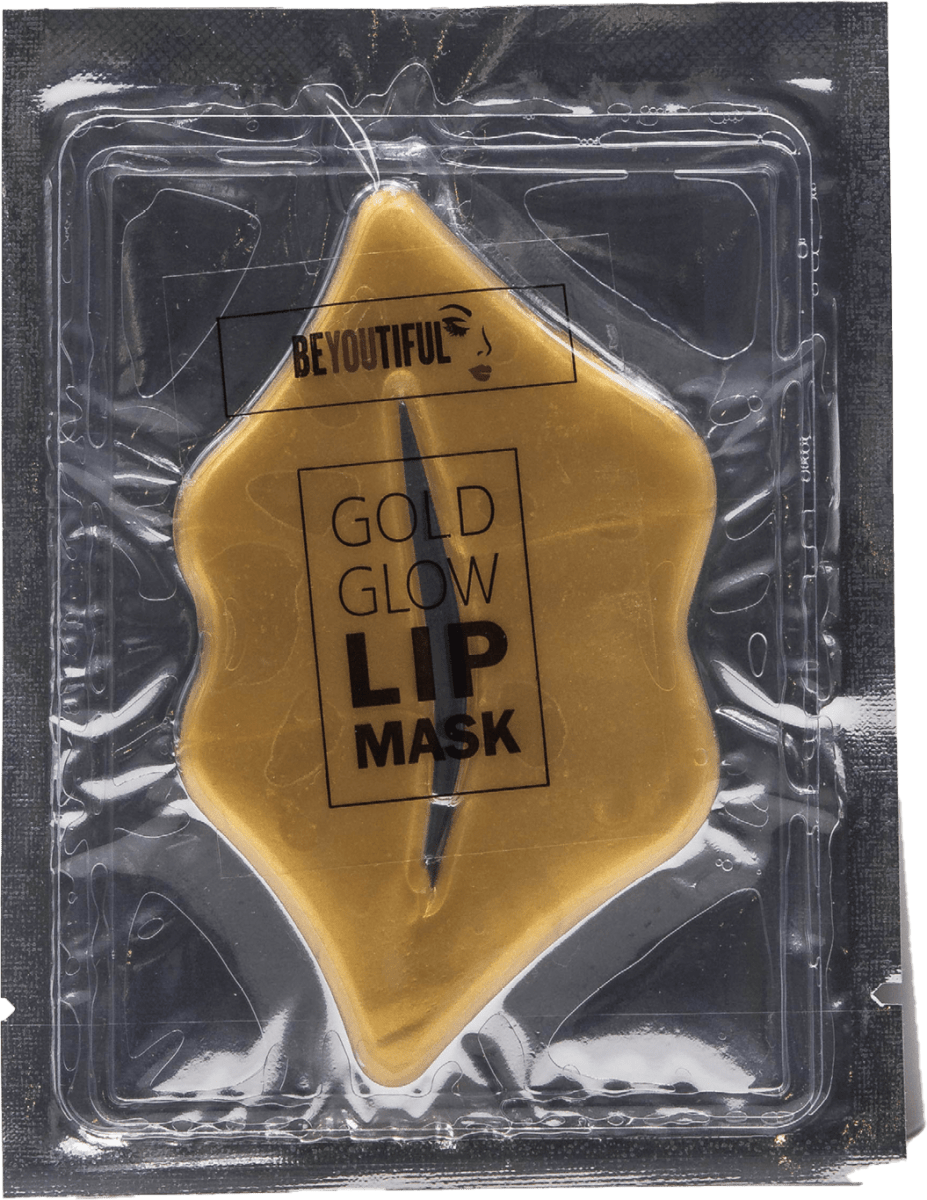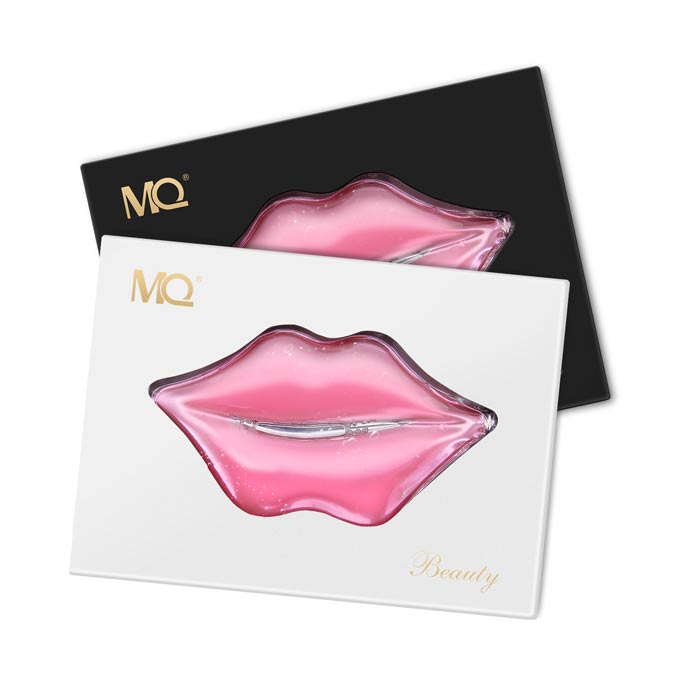
China Mască hidratantă pentru buze personalizată Furnizori, producători - Comert cu ridicata direct din fabrică - SENWELL

Masca pentru buze-cu efect de marire si hidratare al buzelor - Pilaten, 7 gr (Pentru buze) - PCFarm.ro

BEYOUTIFUL Mască Hydrogel Gold pentru buze, 1 buc cumpără permanent online la un preț avantajos | dm.ro






















